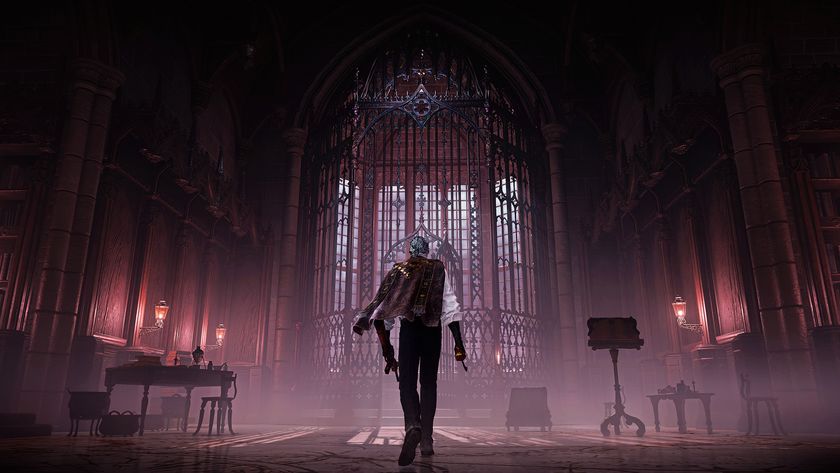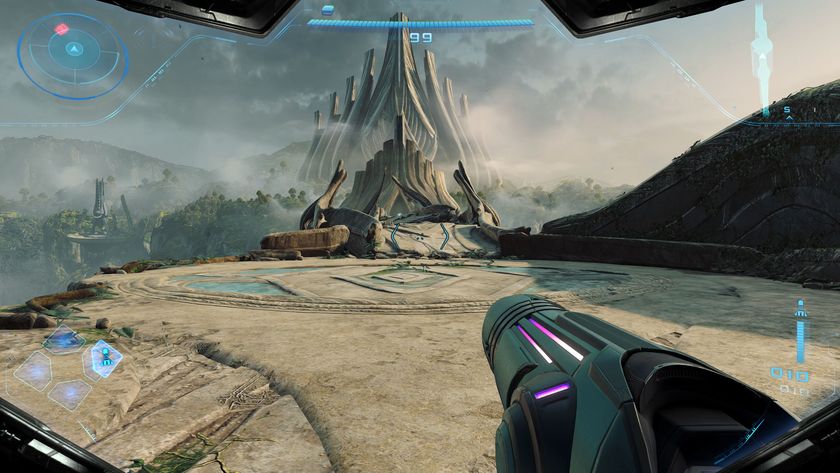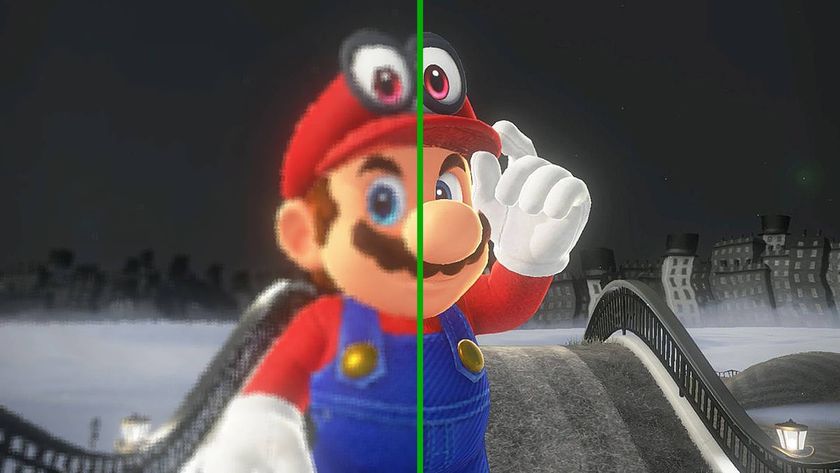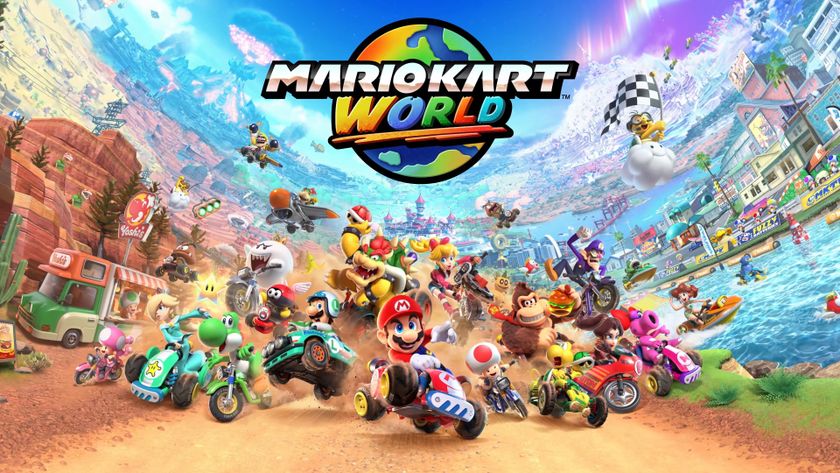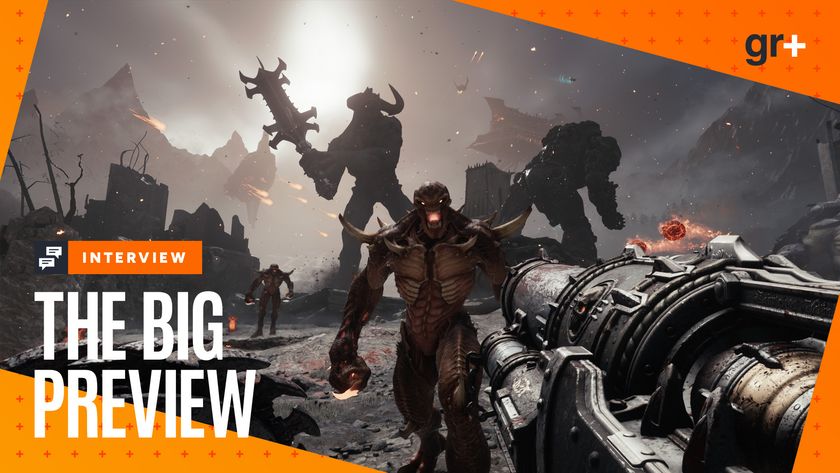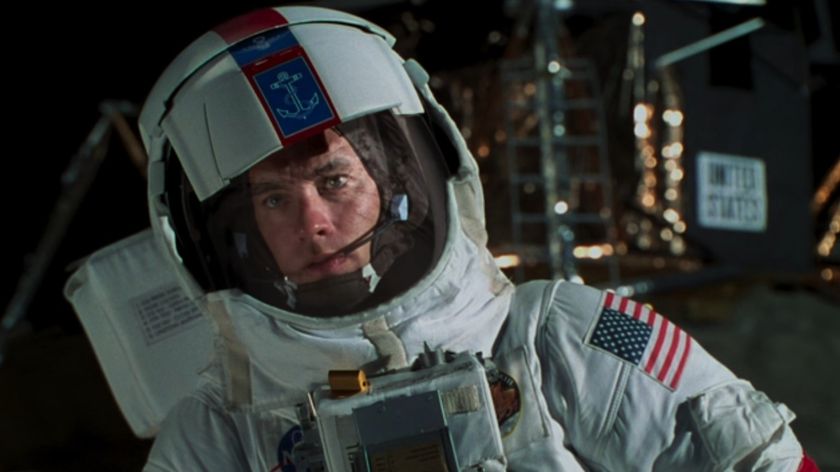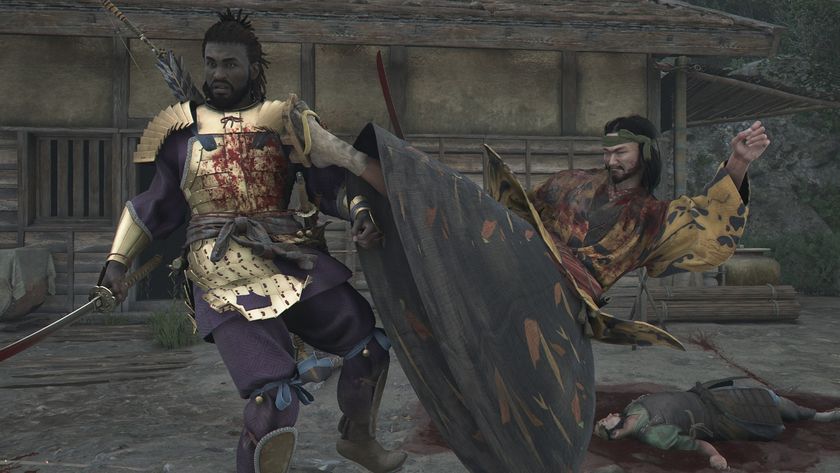How Star Wars Outlaws skips RPG conventions like levels and XP to "reward player curiosity" and turn every skill we learn into "a little adventure in itself"
Preview | Exploring Star Wars Outlaws' progression system with developer Massive Entertainment
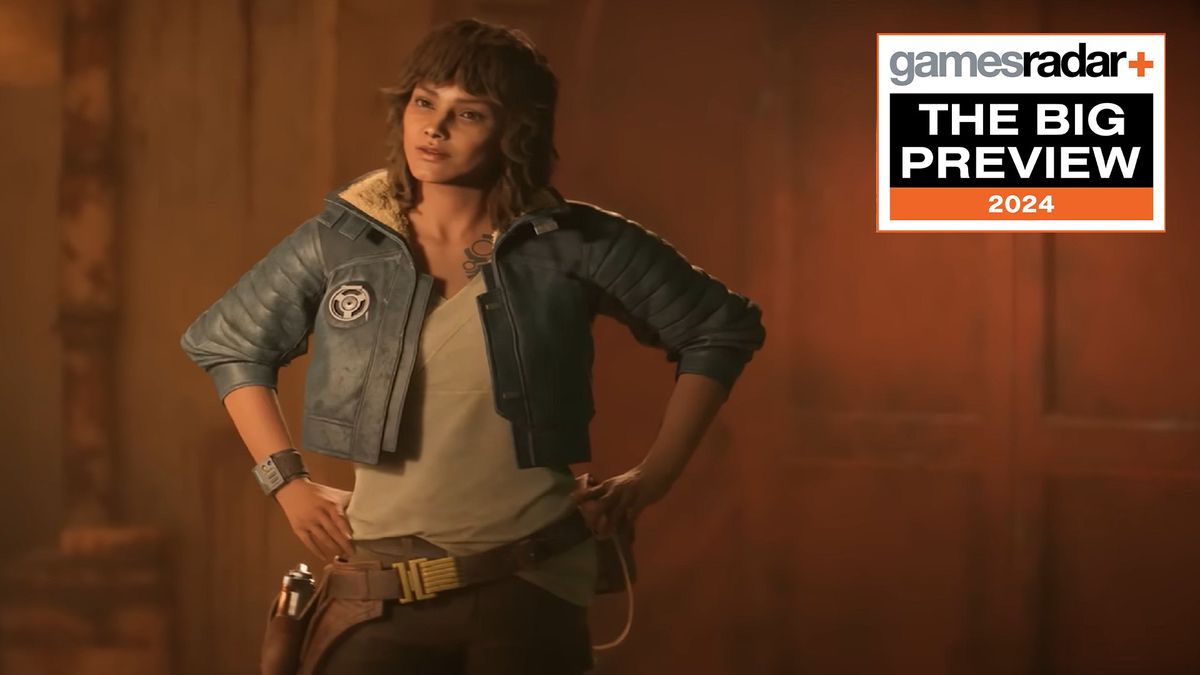
In Star Wars Outlaws, mastering the ways of the scoundrel is all about who you know. With a bounty on your head and a desire for freedom driving protagonist Kay Vess forward, the connections you make will be just as important as your actions and reputation. After all, no one starts at the top of their game, and as a newcomer in the Outer Rim, Kay has a lot to learn to become a bonafide gunslinger, thief, and resourceful underdog even Han Solo could be proud of. But rather than earning XP, or increasing levels in order to learn the tricks of the trade, we'll have to put in the legwork to locate local experts and convince them to impart their wisdom.
"There are people in this galaxy who will teach you new tricks," says lead systems designer Matthieu Delisle. "Experts are our take on a progression system that kind of breaks away from more traditional types of progression. So we're not talking about XP bars, or levels, or even ability trees. To unlock new abilities in Outlaws, you will first need to find elusive experts. And the best place to start is in the cantinas, where you can pick up rumors and ask around to find some intel about where to find the local experts. Once you find them, they will ask you to go on an adventure to convince them to help."
Star Wars Outlaws: The Big Preview
This month, we're diving into our most anticipated upcoming Star Wars games. To find our coverage, visit the Star Wars Outlaws Big Preview hub.
Expert in the field

"Part of Star Wars' DNA is a very verbal tradition [of] people learning from each other"
Fredrik Thylander
With many different elusive experts and a myriad of skills to unlock, Massive is striving to make the way we earn new abilities "a little adventure in itself", as Delisle puts it. Each expert will have a signature ability they will pass on to us after we've completed a task for them. But once we've gained the new skill, we can try to meet certain requirements - which come in the form of challenges - to enhance the ability further or allow us to learn additional techniques. At the studio in Malmo, Sweden, Delisle shows off an example by introducing us to a speeder expert who will give us the incentive to interact with the world in new ways.
"The signature ability here with our speeder expert, it's a speeder jump that you can learn to do, and the unlock conditions are to land a 60 meter jump," Delisle explains. "And the really interesting thing about this is that when you get these challenges, you start looking at the world with a different eye, because now [you think], 'how do I do a 60 meter jump?'. All those cliffs and those ramps that I've seen before [in the world], they were really fun to ride, but now they serve a different purpose. So you start thinking about the open world as the solution to a problem that will lead you to unlock new abilities."
The "open world as the solution to a problem" philosophy drives right at the heart of what initially inspired the team to break away from more traditional progression systems like skill trees: "From the get go, we wanted the game to be about exploration," Delisle tells me. "So we wanted to reward player curiosity. And we really wanted to make the world kind of a character, that's part of the story as well, because those worlds have so much personality. So we came up with this idea of elusive experts that are hiding all around the galaxy that you need to find, and then they will teach you new tricks and new abilities, which is also something that you see a lot in Star Wars."
"Part of Star Wars' DNA is a very verbal tradition [of] people learning from each other", lead gameplay designer Fredrik Thylander adds. "Absolutely," Delisle agrees, "we wanted [players to look at] the world with a new eye, both as an experience of exploration, but also as an experience of growing your character."
Making a name for yourself

As we navigate the underworld in Star Wars Outlaws, we won't just grow as a character through the exclusive experts. You'll also be trying to make a name for yourself. The reputation you earn and the upgrades gained for your gear can open up more opportunities for Kay. But you can just as easily also close off doors by making the wrong move, or deliberately choosing to cross a syndicate. Massive, in the words of Delisle, views "reputation in Star Wars Outlaws as an engine to make each players' experience unique", since it will ebb and flow depending on the choices you make in any given situation. That includes how you want to complete ability challenges. If, say, you need to find parts and materials to meet a certain requirement, you can do that by stealing, trading, or finding them in the world; ultimately it's up to you.
Sign up to the 12DOVE Newsletter
Weekly digests, tales from the communities you love, and more
"Early on, we knew that we wanted to tell a strong story. So we didn't want five different endings, we wanted some continuity to Kay's story. But at the same time, we wanted a strong element of choice in the game," Delisle says. "And we felt like navigating the different syndicates, playing them against each other, betraying them, being betrayed yourself sometimes was like the most scoundrel-y thing that we could do to offer an element of choice. So that's kind of the inception of the reputation system. With that as a foundation, we connected reputation to so many different things."
One such thing are contracts, which you can take on in the open world to earn some favor with the syndicates. As senior systems designer Alice Rendell says, "the underworld is full of opportunities for Kay to improve her reputation, or her equipment", and contracts offer a way to fix your mistakes .
"There are many different contract brokers in the galaxy who need a smuggler or a thief; basically someone just like Kay. And these workers hand out jobs on behalf of the syndicates," Rendell says. "So this is a great way for Kay to work her way up from a bad or poor reputation if she's in a bit of a hole with her reputation, and become someone that the syndicate leaders will trust enough to give more important and higher paying jobs."
"Once you have completed a job, there is always the opportunity to play the underworld" Rendell adds, "you have the choice to betray your employer. You can hand the goods over to someone else, always at the risk of hurting your reputation with whoever employed you in the first place."
Ultimately, progression and reputation are designed to encourage exploration, lead you to uncover new opportunities, and give you the freedom to choose. I'm already looking forward to discovering how these elusive experts will help me on my journey and whether or not, as Delisle puts it, they'll make me feel like truly on my way to "mastering all of the different aspects of the scoundrel by the end of the game".

I started out writing for the games section of a student-run website as an undergrad, and continued to write about games in my free time during retail and temp jobs for a number of years. Eventually, I earned an MA in magazine journalism at Cardiff University, and soon after got my first official role in the industry as a content editor for Stuff magazine. After writing about all things tech and games-related, I then did a brief stint as a freelancer before I landed my role as a staff writer here at 12DOVE. Now I get to write features, previews, and reviews, and when I'm not doing that, you can usually find me lost in any one of the Dragon Age or Mass Effect games, tucking into another delightful indie, or drinking far too much tea for my own good.
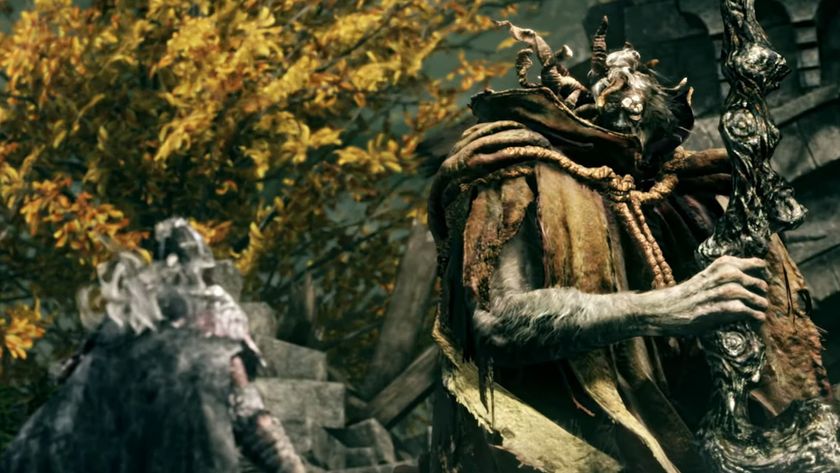
Elden Ring, Cyberpunk 2077, Hitman, and many more are coming to the Nintendo Switch 2, proving it's a much more powerful console than the original Switch

Hideo Kojima says the fact that people are still playing Death Stranding 5 years later is "what makes me happiest," but I'm sure the 20 million players don't hurt





